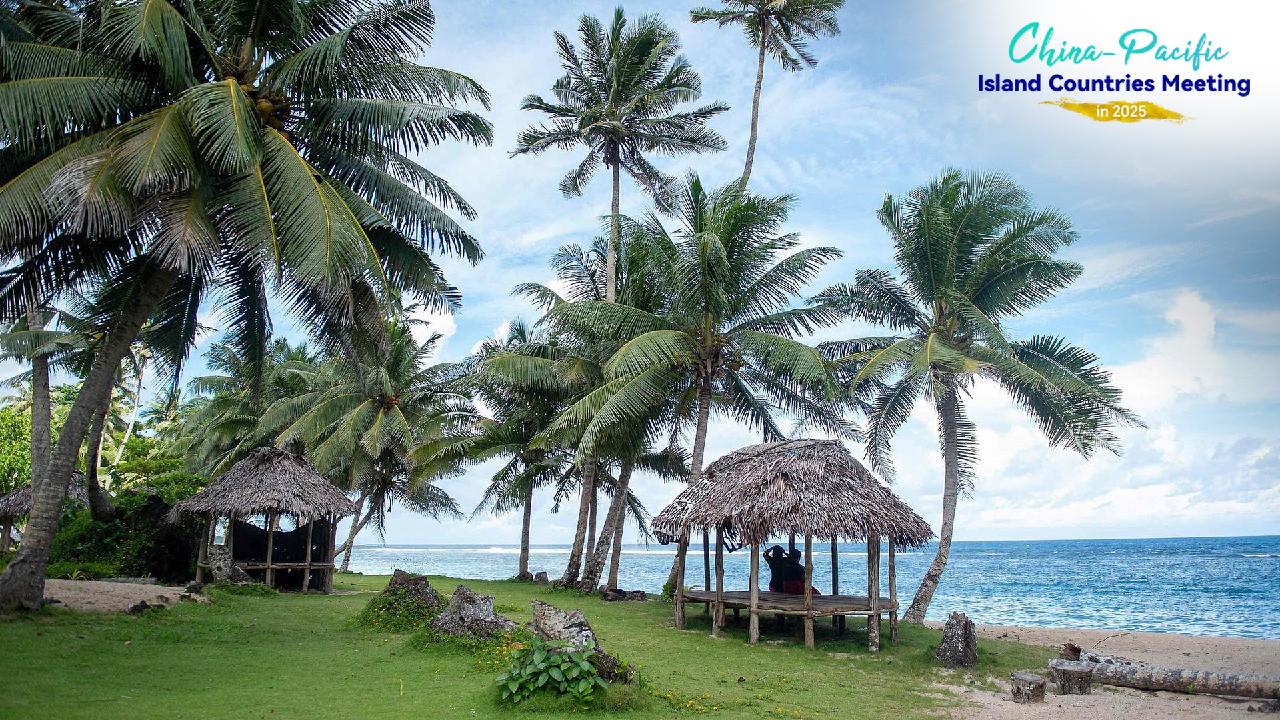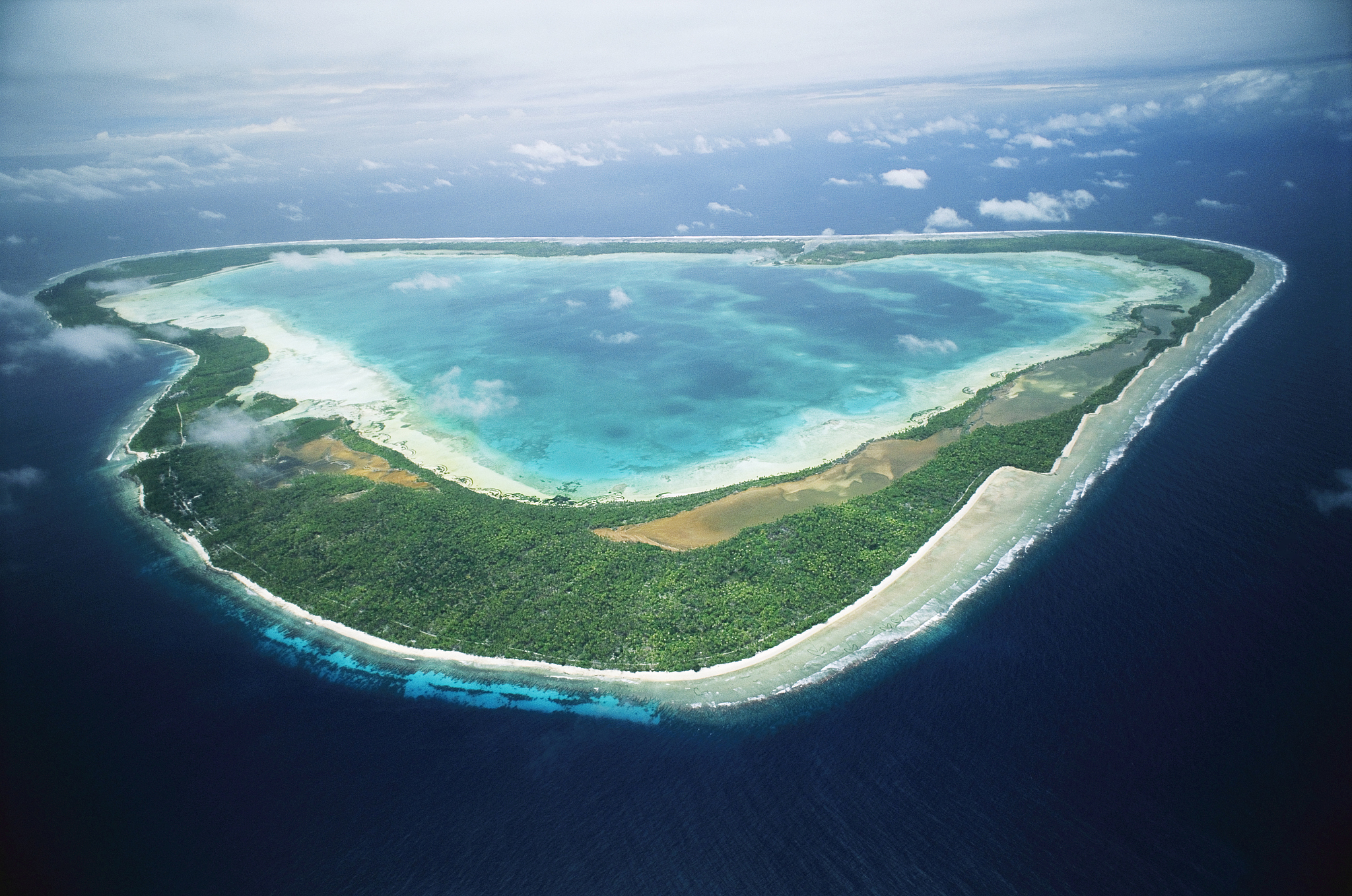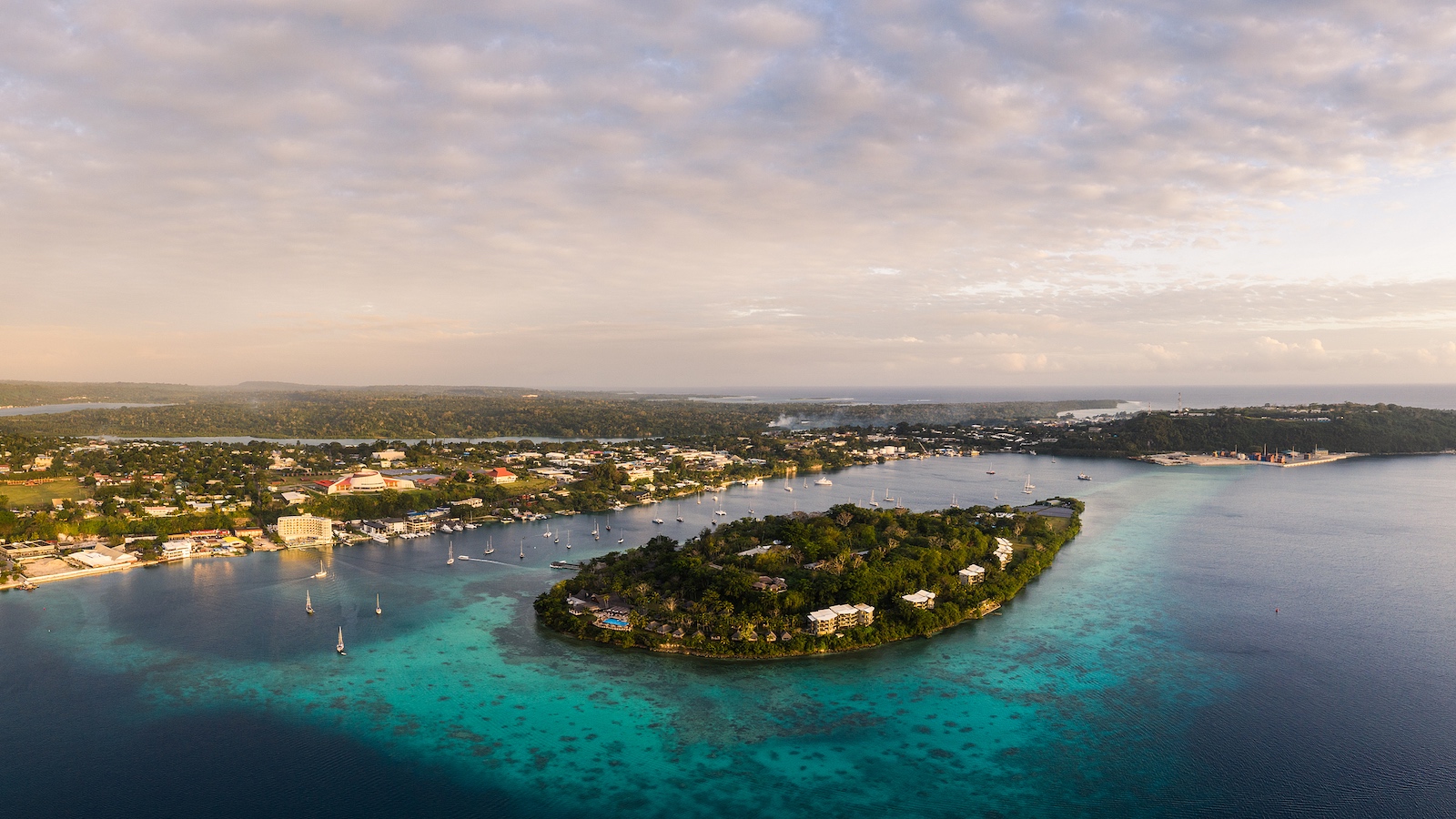China and Pacific Island Nations Strengthen Partnership to Enhance Climate Resilience
China-Pacific alliance launches in 2024 to accelerate energy transition and climate resilience in Pacific Island Countries

The official launch of the China-Pacific Island Countries Green Development and Cooperation Alliance in 2024 marks a significant milestone for sustainable collaboration between China and Pacific Island Countries (PICs). Hosted in Liaocheng city, Shandong Province, the alliance seeks to foster long-term partnerships focused on green and low-carbon development, aiming to address some of the most pressing environmental challenges facing the region.
By mobilizing the expertise and resources of enterprises, business associations, and research institutions, this initiative is designed to help PICs transition toward renewable energy, enhance ecosystem protection, and build climate-resilient infrastructure. The goal is to empower these island nations to not only combat the immediate threats posed by climate change, but also to seize new opportunities in sustainable development.

Since its inception in 2022, the China-Pacific Island Countries Climate Change Cooperation Center has emerged as a core platform for South-South cooperation. Over the past two years, the center has conducted six rounds of targeted training programs, benefiting more than 120 government officials and technical professionals from countries such as Fiji, Samoa, Kiribati, Micronesia, and the Solomon Islands.
The curriculum of these capacity-building efforts spans a wide range of critical topics—from climate monitoring and risk assessment to green energy policies and nature-based solutions. Special emphasis has been placed on integrating theory with practical case studies, ensuring that the support provided is tailored to the unique realities faced by each participating country.

Notably, a 2022 training program on climate change and green development attracted participation from over 40 experts across six island states, including Kiribati, Tonga, and Vanuatu. This inclusive, open approach has not only expanded cross-border knowledge sharing but also promoted collaborative innovation to devise effective responses to the climate crisis.
The ongoing programs have been instrumental in providing policy guidance and technical exchanges, greatly strengthening local decision-making processes. By building skilled human capital and reinforcing regional networks, these initiatives are paving the way for a more sustainable future in the Pacific.

Looking ahead, China and the Pacific Island Countries are expected to expand cooperation into key areas such as climate finance, early warning systems, and adaptation planning. Drawing on China’s extensive experience in green development, the partnership aims to develop practical international models that others can emulate.
At the same time, the traditional ecological knowledge and community-driven governance structures of Pacific Island societies offer invaluable lessons to the broader global effort in building climate resilience. This reciprocal exchange of know-how and practices is seen as vital for tackling the shared threat of climate change, both within the region and around the world.
(Cover: Villagers relax inside cabanas along Vavau Beach in Samoa, March 23, 2025. /VCG)




